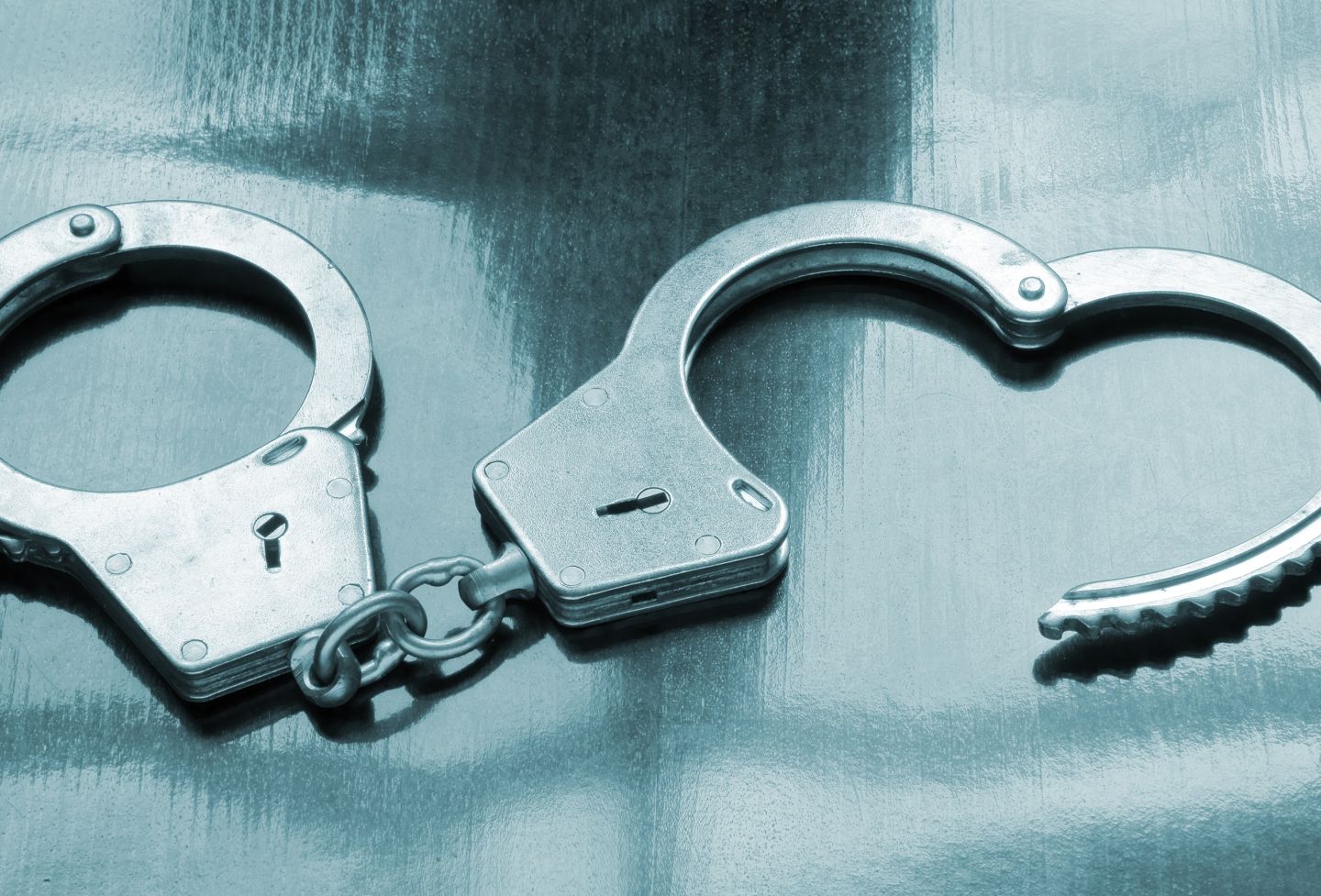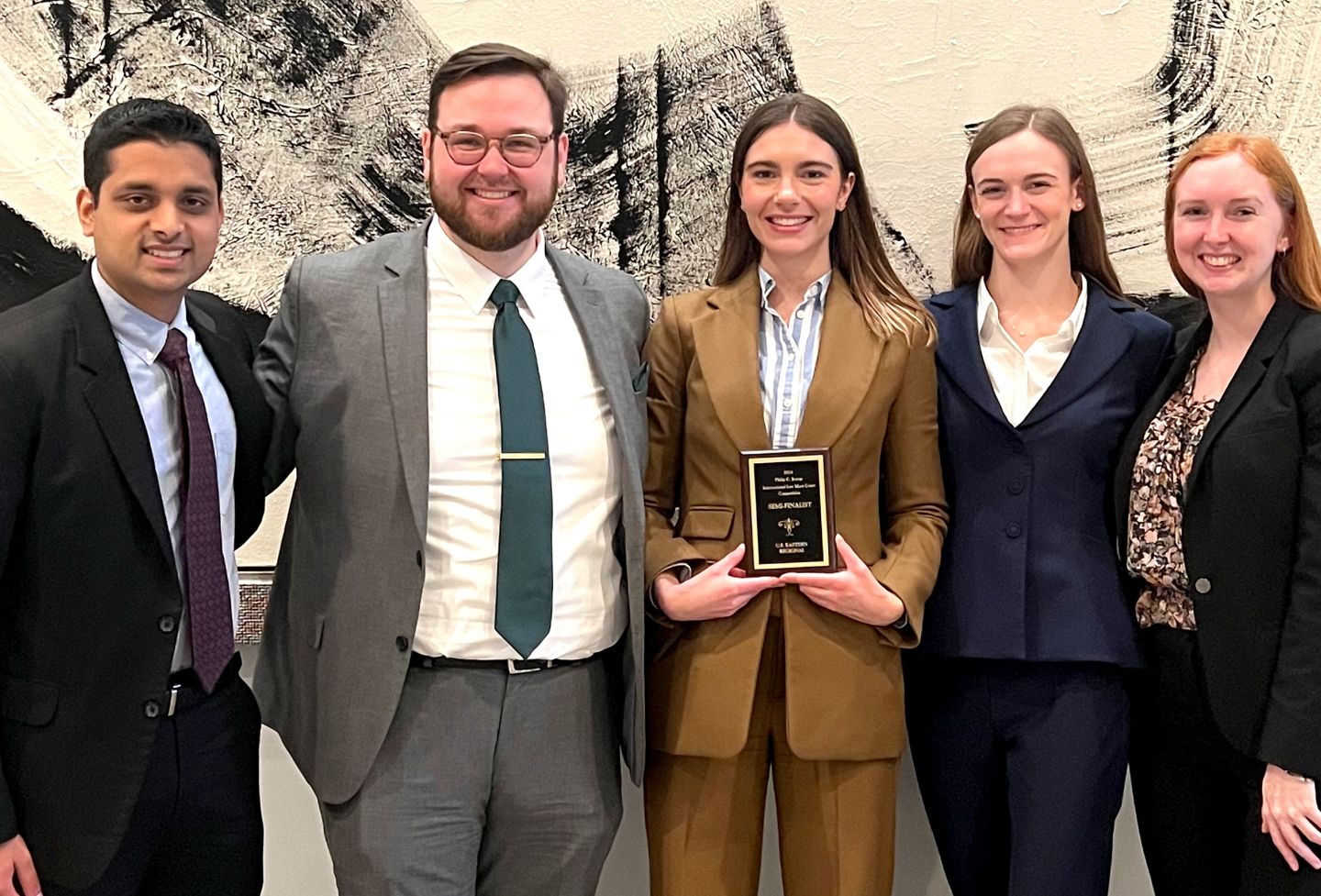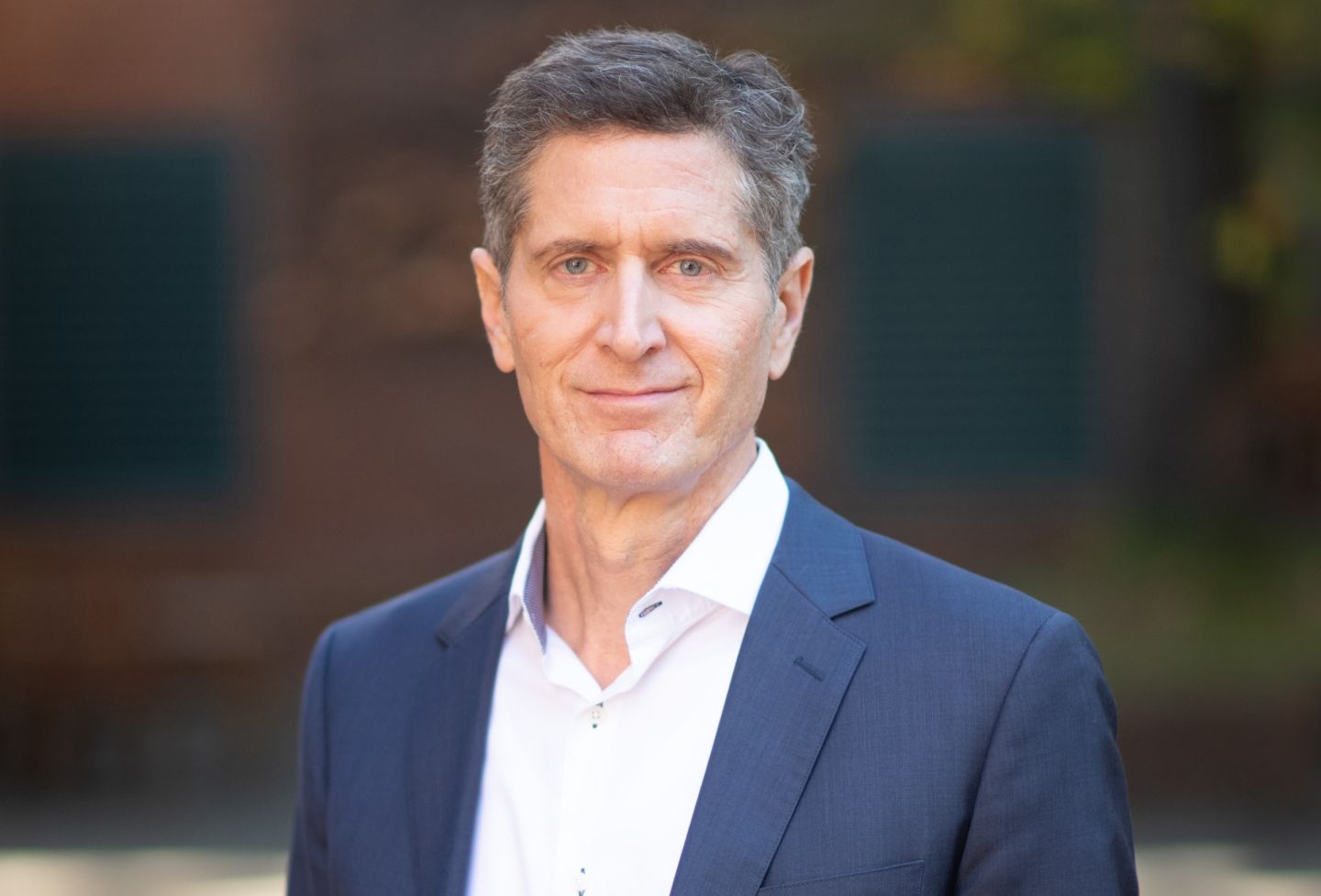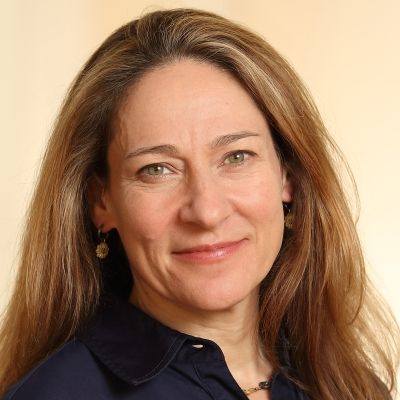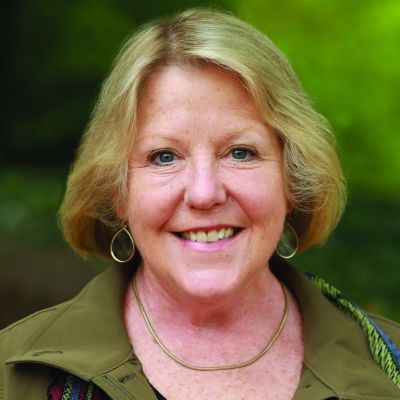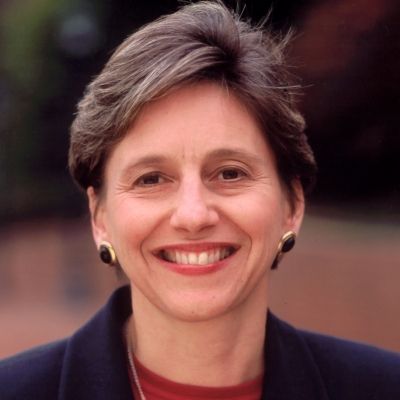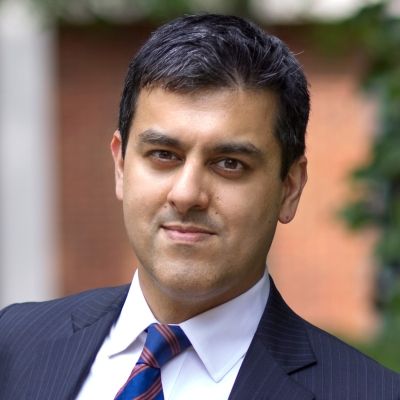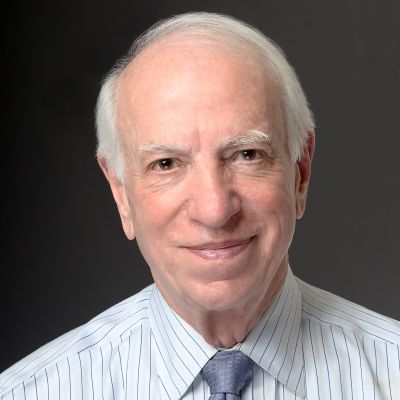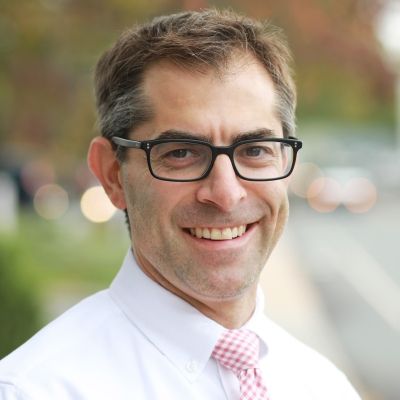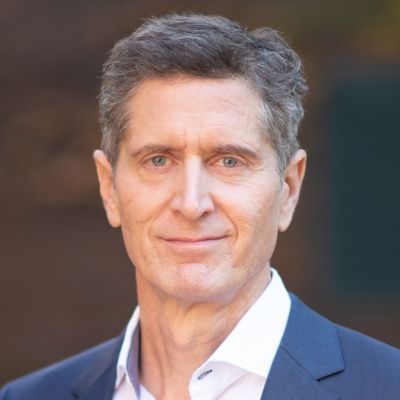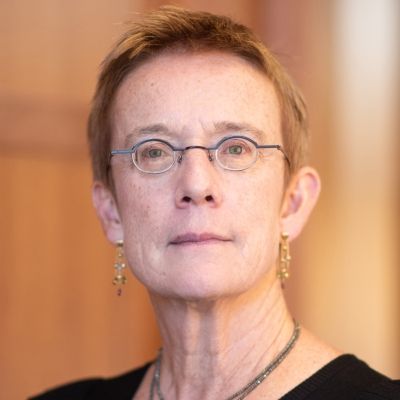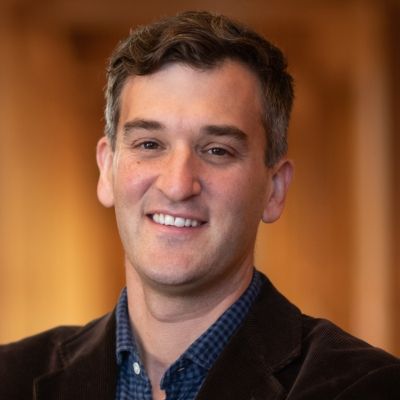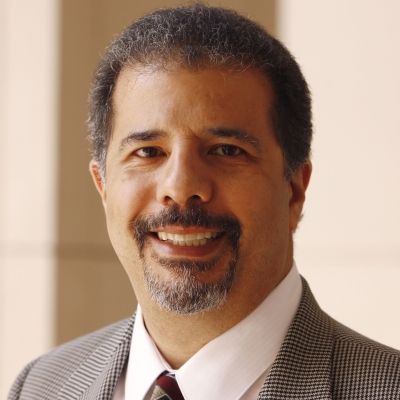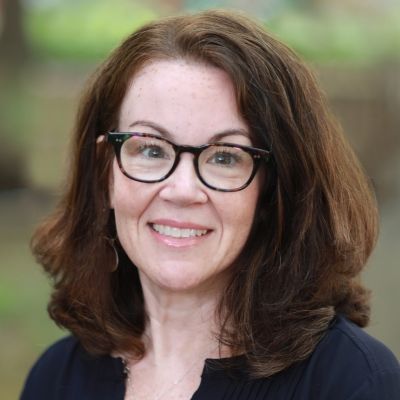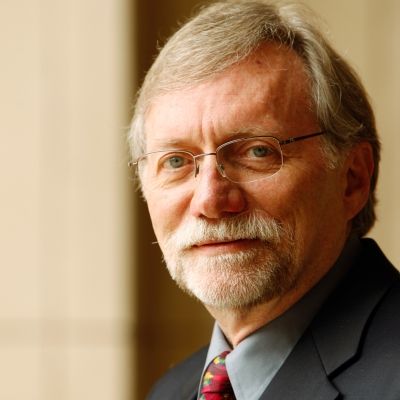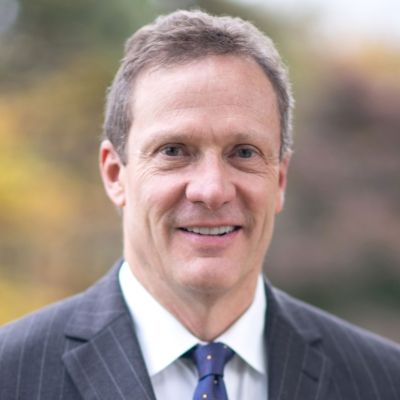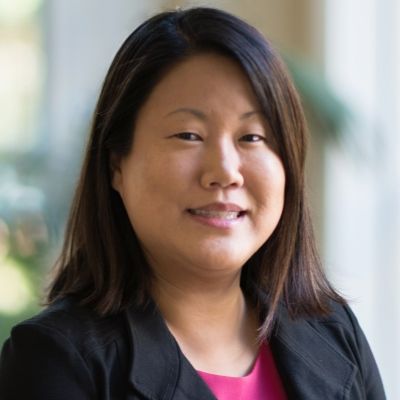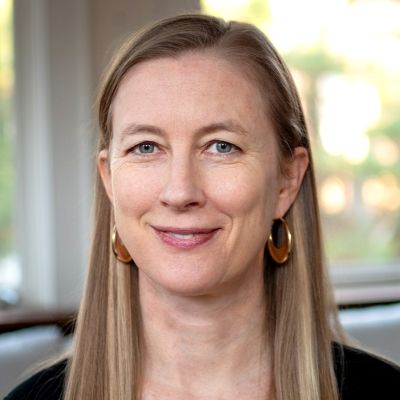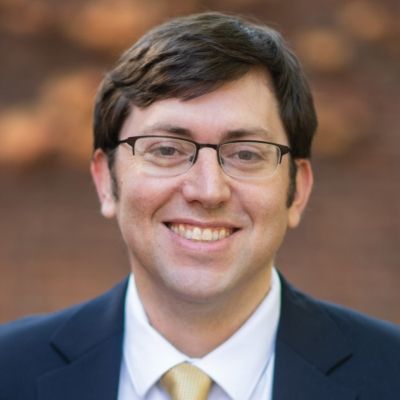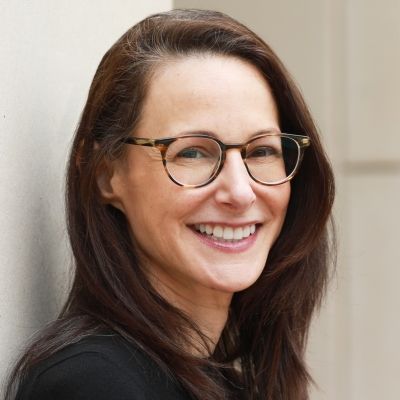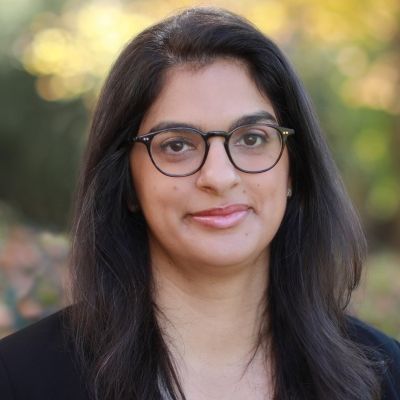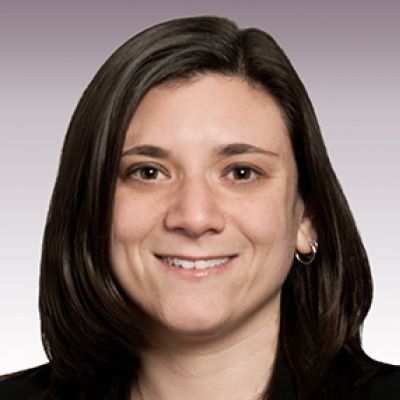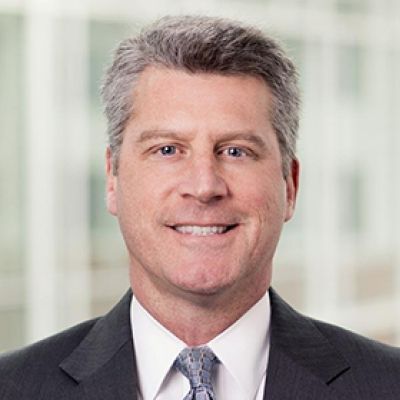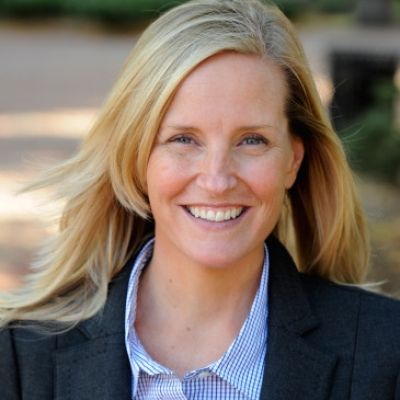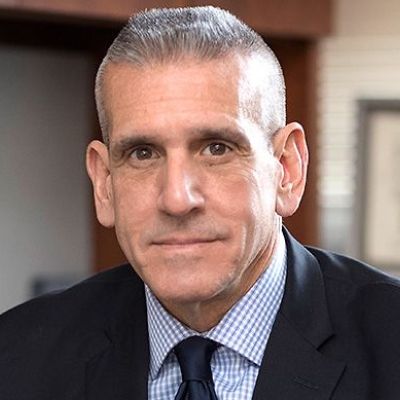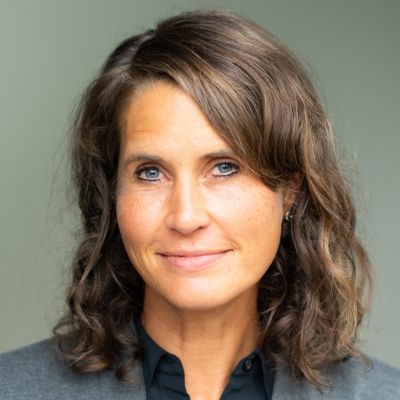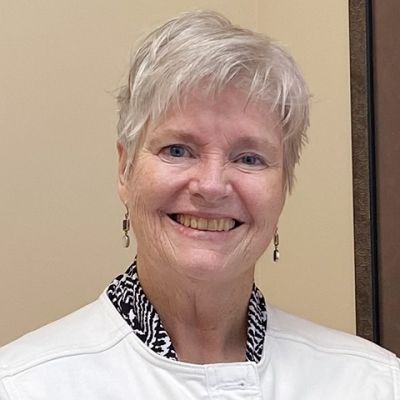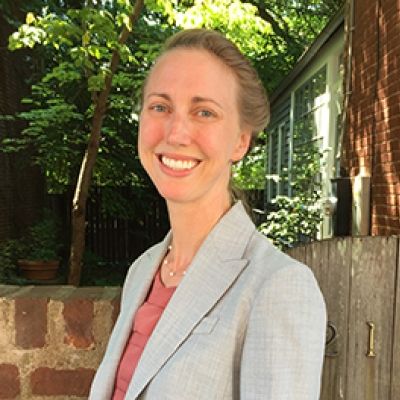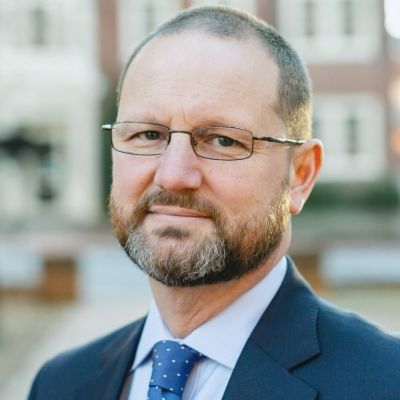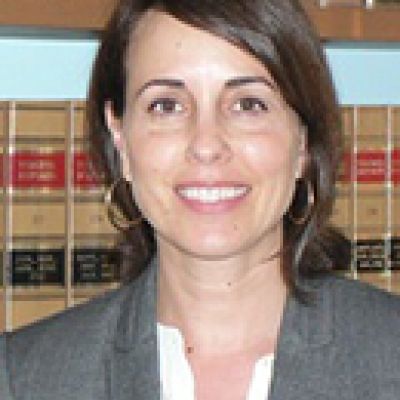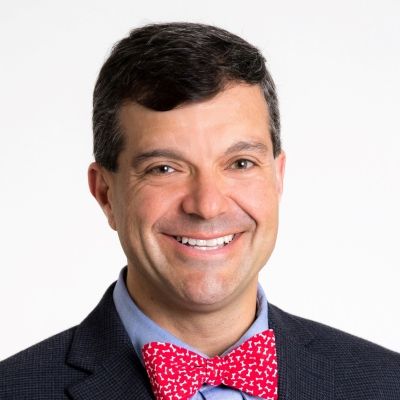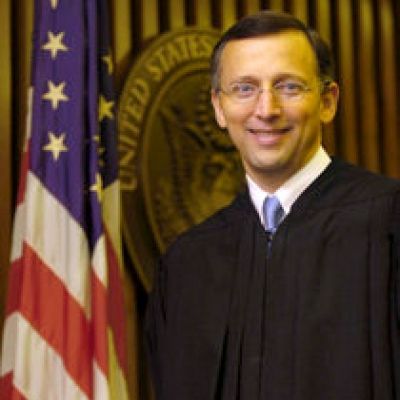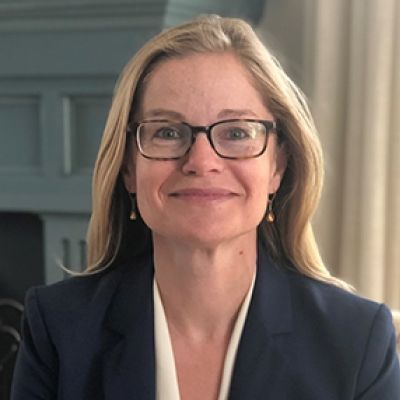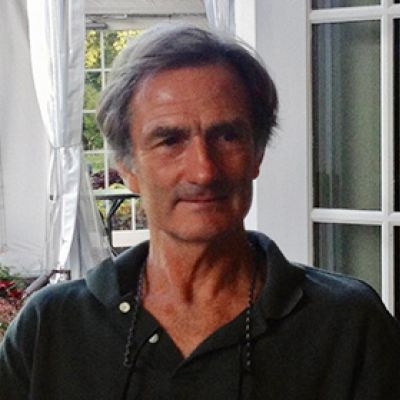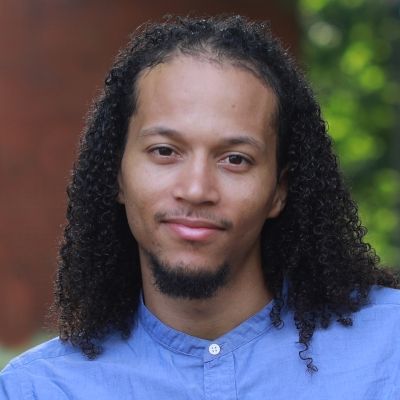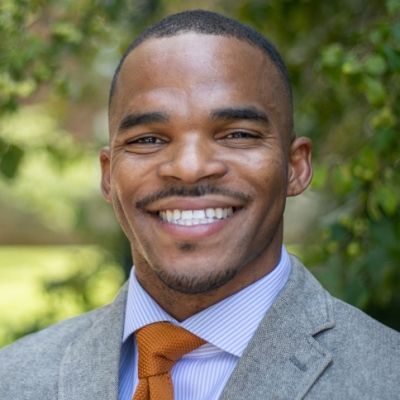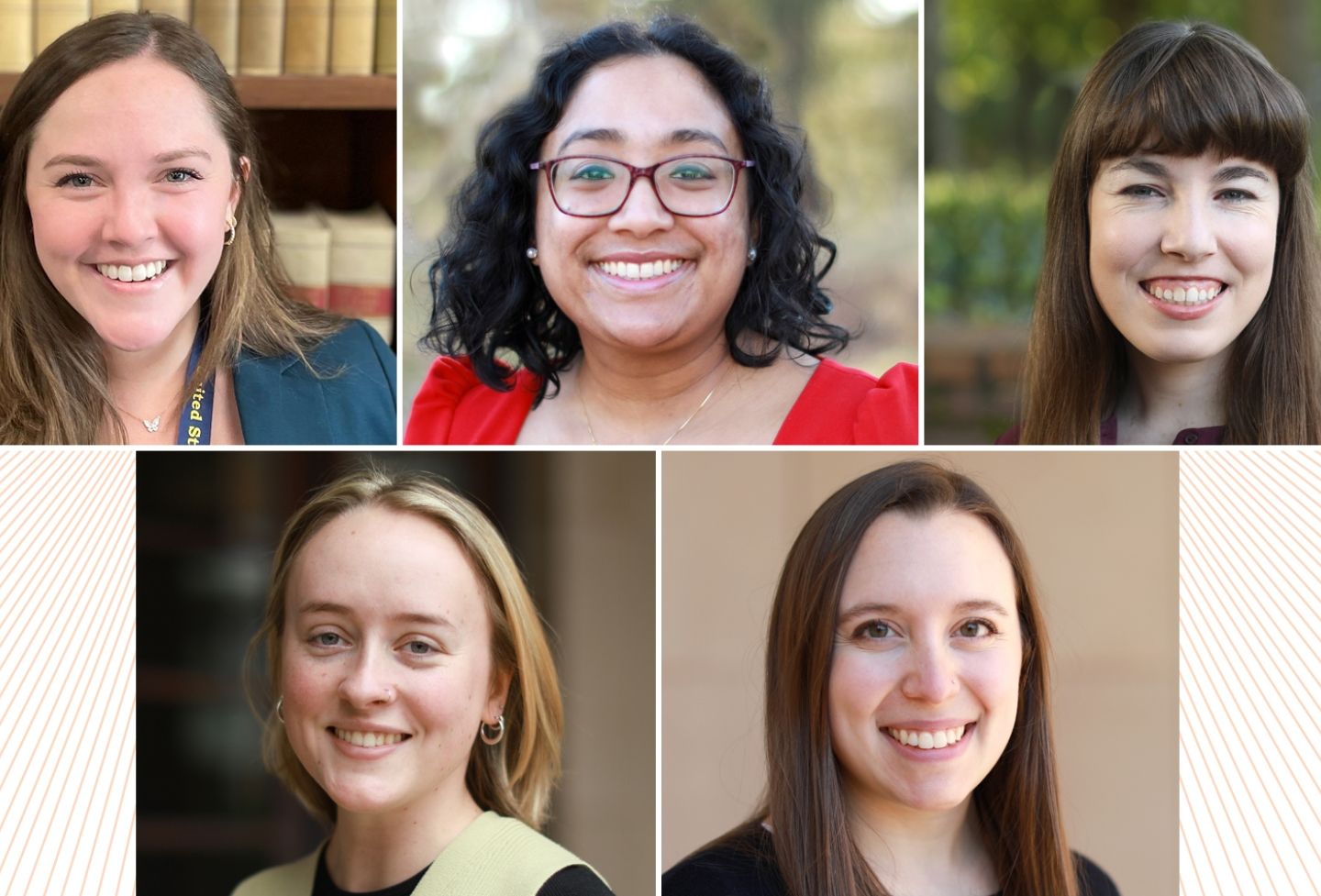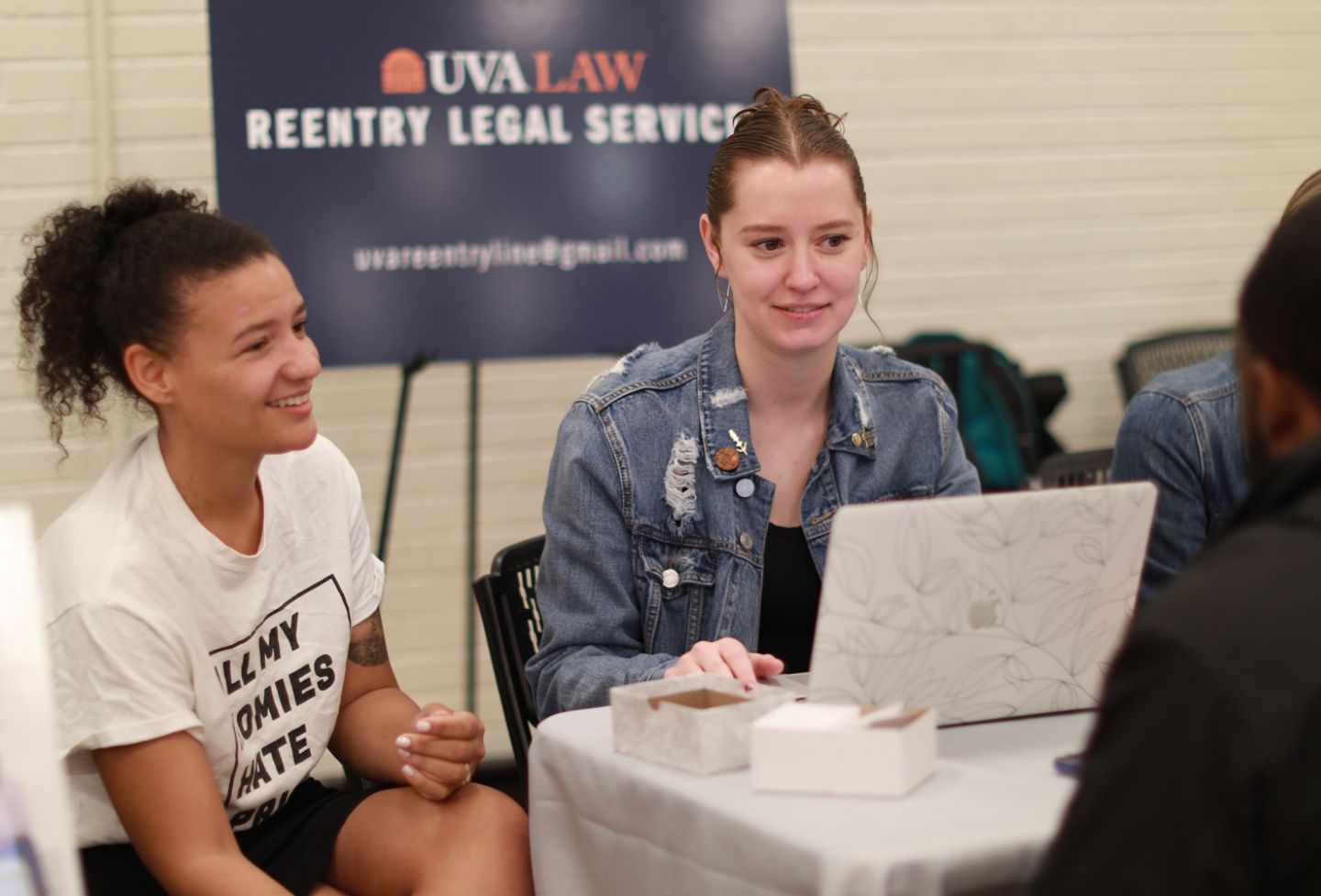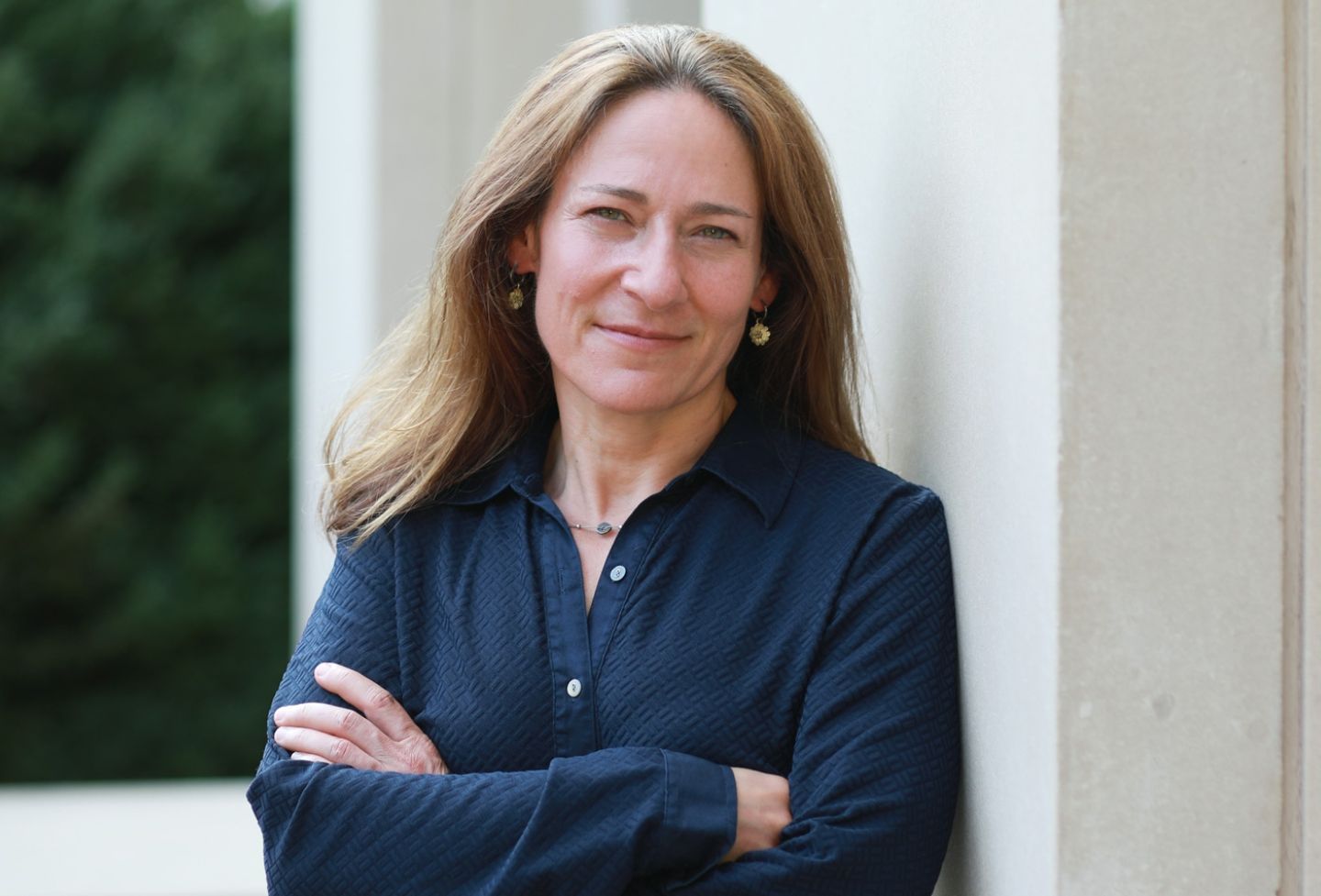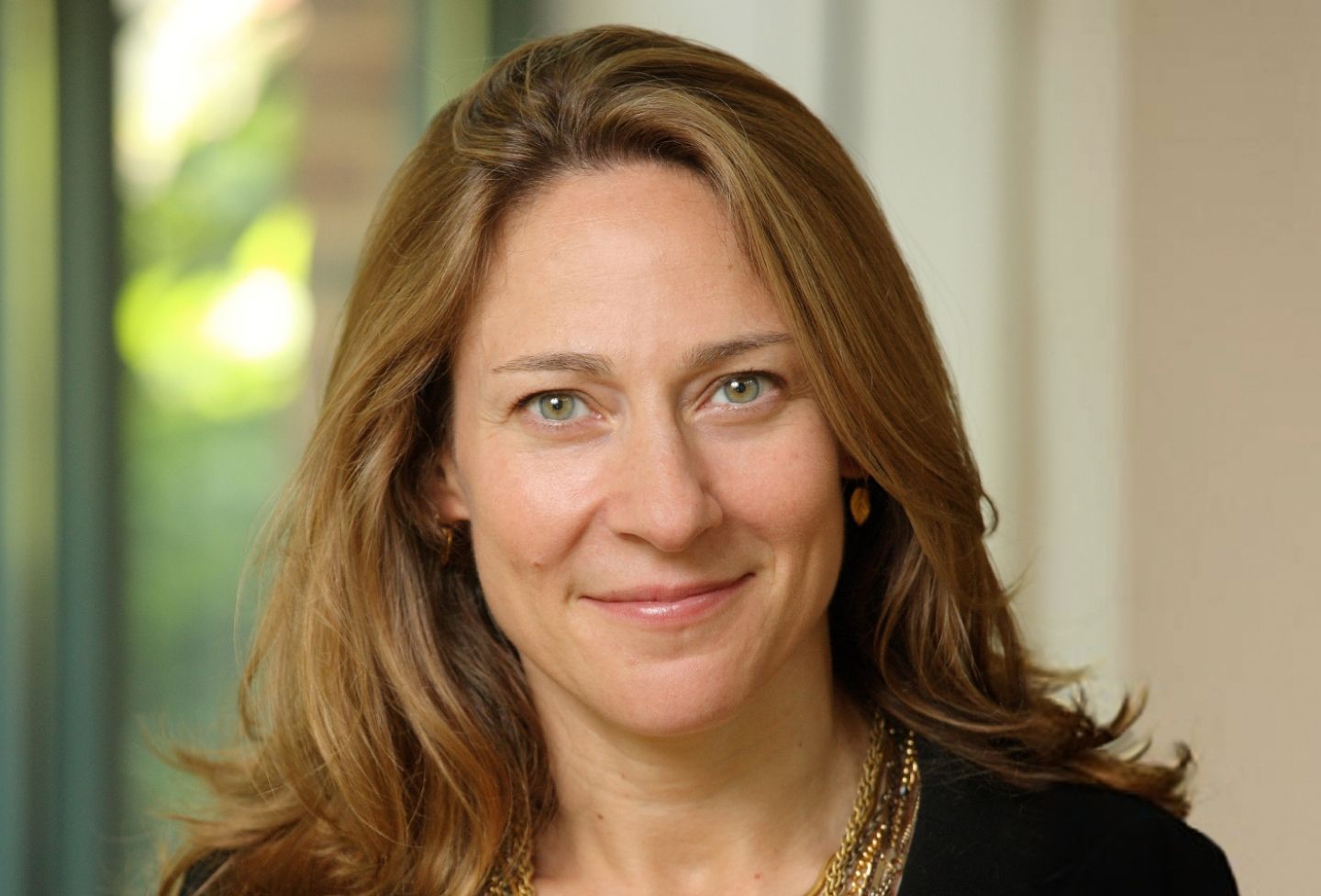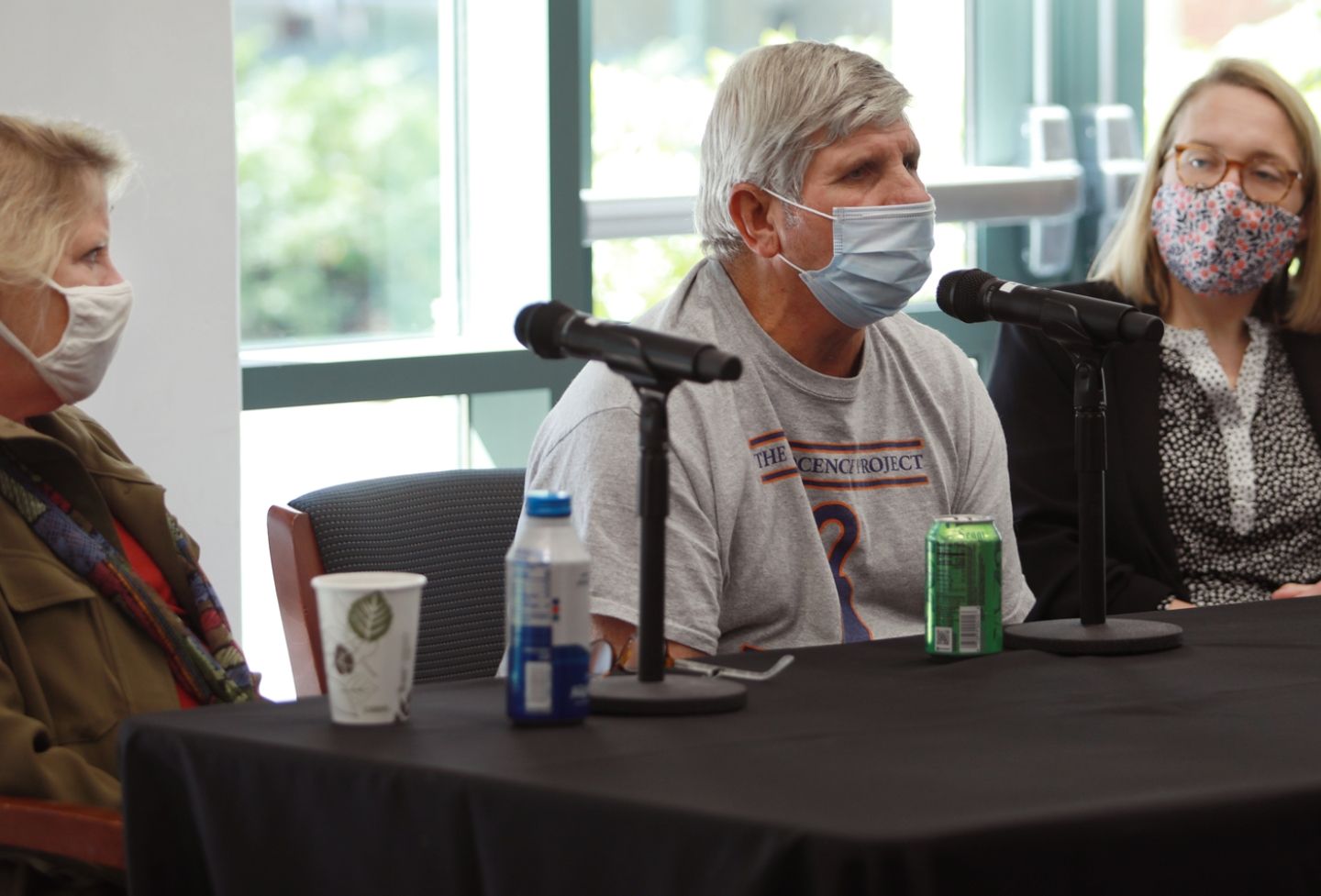About the Program
An understanding of criminal justice is fundamental to any lawyer’s education. At the University of Virginia, the nation’s leading criminal law faculty offer an in-depth array of courses on both the substantive criteria of guilt or innocence and the procedures used in the arrest, prosecution and punishment of offenders. Working under the auspices of the school’s Center for Criminal Justice, which serves as a hub for scholarship and activities involving criminal law, the faculty are engaged with research designed to help make a more just society.
Virginia students do not study criminal law only from a distance. They also enroll in clinics that offer hands-on involvement in juvenile justice, criminal prosecution or defense, and innocence cases. The Law School supplements its curriculum with a wide range of extracurricular activities dedicated to criminal law, including a journal devoted to criminal law and an active Innocence Project.
Collectively, these experiences lead Virginia graduates to coveted positions in the U.S. Department of Justice Honors Program, in U.S. attorneys’ offices, and in district attorney and defense offices across the country.
Brandon Charles Osowski
On January 1, 2022, the most radical change to the American jury in at least thirty-five years occurred in Arizona: peremptory strikes, long a feature...
Jennifer L. Doleac
Virginia adopted a risk assessment to help determine sentencing for sex offenders. It was incorporated as a one-way ratchet toward higher sentences...
Aurelie Ouss
Courts routinely use low cash bail as a financial incentive to ensure that released defendants appear in court and abstain from crime. This can create...
In our increasingly polarized society, claims that prosecutions are politically motivated, racially motivated, or just plain arbitrary are more common...
Coercive policing is conducted mostly by means of commands, and officers usually cannot use force unless they have first issued an order. Yet, despite...
More
Brandon L. Garrett
William Blackstone famously expressed the view that convicting the innocent constitutes a much more serious error than acquitting the guilty. This...
Faculty Director(s)
Rachel Harmon
Harrison Robertson Professor of Law
Director, Center for Criminal Justice
Deirdre M. Enright
Professor of Law, General Faculty
Director, Center for Criminal Justice
Director, Project for Informed Reform
Brandon Charles Osowski
On January 1, 2022, the most radical change to the American jury in at least thirty-five years occurred in Arizona: peremptory strikes, long a feature...
Jennifer L. Doleac
Virginia adopted a risk assessment to help determine sentencing for sex offenders. It was incorporated as a one-way ratchet toward higher sentences...
Aurelie Ouss
Courts routinely use low cash bail as a financial incentive to ensure that released defendants appear in court and abstain from crime. This can create...
In our increasingly polarized society, claims that prosecutions are politically motivated, racially motivated, or just plain arbitrary are more common...
Coercive policing is conducted mostly by means of commands, and officers usually cannot use force unless they have first issued an order. Yet, despite...
More
Brandon L. Garrett
William Blackstone famously expressed the view that convicting the innocent constitutes a much more serious error than acquitting the guilty. This...
This Article aims to reorient the conversation around "failure-to-appear" (FTA) in criminal court. Recent policy and scholarship have addressed FTA...
Like the federal government, states can apply their laws to people beyond their borders. Statutes can reach out-of-state conduct, such as fraud, that...
Prison abolition, in the span of just a few short years, has established a foothold in elite criminal legal discourse. But the basic question of how...
Sandra G. Mayson
How dangerous must a person be to justify the state in locking her up for the greater good? The bail reform movement, which aspires to limit pretrial...
Nyja Prior
Artificial intelligence tools (“AI”) have great potential to improve government functions and efficiency. These algorithmic tools, protected by trade...
More
Writing for the Supreme Court in McCleskey v. Kemp, Justice Lewis F. Powell, Jr. authored a maximalist decision that transcended capital practice and...
We accept uncritically the “recidivist premium,” which is the notion that habitual offenders are particularly blameworthy and should be punished...
More
Jennifer L. Doleac
We evaluate the impacts of adopting algorithmic risk assessments as an aid to judicial discretion in felony sentencing. We find that judges' decisions...
There has been an explosion of concern about use of computers to make decisions – from hiring to lending approvals to setting prison terms – affecting...
When individuals are arrested or indicted for a crime, governments have legitimate interests in assuring that those individuals show up for future...
Juries are the lifeblood of our criminal justice system. As the Framers clearly understood, and as the Supreme Court has consistently reaffirmed in...
Brandon L. Garrett
As criminal justice actors increasingly seek to rely on more evidence-informed practices, including risk assessment instruments, they often lack...
More
Peremptory strikes, and criticism of the permissive constitutional framework regulating them, have dominated the scholarship on race and the jury for...
Sandra G. Mayson
Recent scholarship has underlined the importance of criminal misdemeanor law enforcement, including the impact of public-order policing on communities...
Two kinds of recurring events – police violence and political protests – highlight some of the tensions between criminal justice administration and...
Objection rules enforced by forfeiture penalties make the right to appeal contingent on whether the party injured by an opponent’s or judge’s error...
The increasing use of risk assessment algorithms in the criminal justice system has generated enormous controversy. Advocates emphasize that...
Risk assessment plays an increasingly pervasive role in criminal justice in the United States at all stages of the process—from policing to pretrial...
Jennifer Skeem
In this article, we focus on two highly problematic issues in the manner in which the First Step Act of 2018 is being implemented by the Bureau of...
Prior research largely has explored judicial attitudes toward risk assessment in sentencing. Little is known about how other court actors...
Scholars have criticized requirements that inmates prove malice or deliberate indifference to establish constitutional claims against corrections...
In several U.S. jurisdictions, prosecutors charge defendants with nonexistent criminal offenses. Sometimes the crimes do not factually exist, meaning...
Those who wish to control, expose, and damage the identities of individuals routinely do so by invading their privacy. People are secretly recorded in...
More
Mary Anne Franks
Six years after lawmakers first considered the issue of nonconsensual pornography, New York has criminalized the practice. We wholeheartedly support...
Fingerprint examiners regularly participate in tests designed to assess their proficiency. These tests provide information relevant to the weight of...
In a series of recent cases, the Supreme Court has vigorously applied the presumption against extraterritoriality to curtail the territorial reach of...
Money motivates and regulates criminal process. Conscious of adjudication costs, prosecutors incentivize guilty pleas with the prospect of a “trial...
Virginia's sentencing guidelines include alternative sanctions based on the use of a quantitative instrument called the Nonviolent Risk Assessment...
Police officers shoot an unarmed man or woman. The victim’s family and community cry out for someone to be held accountable. In minority communities...
There is no single cause of America’s opioid crisis. But unethical physicians and unscrupulous prescription practices undoubtedly have contributed...
Justice Thomas’s dissent in Flowers v. Mississippi has been met with disdain in the popular press. In the New Yorker, Jeffrey Toobin declared Justice...
Every generation’s intimates have their preferred modes of self-disclosure. Not long ago, intimate partners exchanged love letters and mixed tapes...
Jonathon Penney
A central aim of online abuse is to silence victims. That effort is as regrettable as it is successful. In the face of cyber harassment and sexual...
Actors in our criminal justice system increasingly rely on computer algorithms to help them predict how dangerous certain people and certain...
This essay makes two claims: transparency in government causes the very corruption it aims to prevent, and the problem is universal. Some scholars...
Despite mass incarceration and overcriminalization, underenforcement of criminal law is an endemic problem. It is the target of prominent reform...
The assessment of an offender’s risk of recidivism is emerging as a key consideration in sentencing policy in many American jurisdictions. However...
Fourth Amendment doctrine is attentive to a wide range of interests, including security, informational privacy, and dignity. How should courts...
Since the end of Reconstruction, the criminal jury box has both reflected and reproduced racial hierarchies in the United States. In the Plessy era...
Christopher Slobogin
At sentencing, youth can be considered both a mitigating circumstance because of its association with diminished culpability and an aggravating...
This paper uses a natural experiment to analyze whether incarceration during the pretrial period affects case outcomes. In Philadelphia, defendants...
Recent years have seen a rush toward evidence-based tools in criminal justice. As part of this movement, many jurisdictions have adopted actuarial...
Sandra Mayson
This Article seeks to provide the most comprehensive national-level empirical analysis of misdemeanor criminal justice that is currently feasible...
The objective of the legality principle is to promote autonomy by providing individuals with opportunities to plan courses of conduct free from...
The practical disappearance of the jury trial ranks among the most widely examined topics in American criminal justice. But, by focusing on trial...
This white paper is the joint product of nineteen professors of criminal law and procedure who share a common conviction: that the path toward a...
Rules of pretrial evidence disclosure vary widely in state criminal justice systems. In all states discovery is more restricted than it is in civil...
Federal courts have limited the legal remedies for constitutional violations in policing to the point that they do not discourage police misconduct...
Andrew Manns
This essay explores the critical relationship between Terry v. Ohio and contemporary proactive policing strategies. Unlike most Supreme Court cases...
In a unanimous opinion in McDonnell v. United States, the Supreme Court invalidated the conviction of the former Governor of Virginia on charges of...
While many extoll the potential contribution of risk assessment to reducing the human and fiscal costs of mass incarceration without increasing...
One way to reduce mass incarceration and the fiscal and human sufferings intrinsic to it is to engage in a morally constrained form of risk...
Objective: This research examined the frequency of and characteristics associated with three forms of violence among persons with mental illness...
In misdemeanor cases, pretrial detention poses a particular problem because it may induce otherwise innocent defendants to plead guilty in order to...
I conduct a series of tests of peer influence in juvenile incarceration facilities motivated by three mechanisms: criminal skill transfer, the...
Long before I finished writing Vagrant Nation: Police Power, Constitutional Change, and the Making of the 1960s, my new book about the rapid downfall...
Forensic evidence plays an increasingly prominent role in criminal practice, leading some to worry that depictions in popular media might make...
Josh Goldfoot
Computer crime statutes prohibit accessing a computer without “authorization.” In recent years, this element has attracted considerable controversy...
In this symposium essay, I examine the Court’s unwillingness to take seriously the issue of coercion as it applies to plea-bargaining practice. It is...
This short comment on Natapoff’s “Misdemeanor Decriminalization” (2015) offers reasons for skepticism about how broadly we can expect...
Free Market Criminal Justice explains how faith in democratic politics and free markets has undermined the rule of law in US criminal process. America...
Plea bargaining in the United States is in critical respects unregulated, and a key reason is the marginal role to which judges have been relegated...
The fight over how to govern the police has become the most controversial legal topic in American politics, yet American lawyers are often are...
Arrests are the paradigmatic police activity. Though the practice of arrests in the United States, especially arrests involving minority suspects...
A small group of individuals with mental illness is repeatedly involved in violence. Little is known about how often and how consistently these high...
How would society react to “the Watcher,” a technology capable of efficiently, unerringly, and immediately reporting the perpetrator of virtually...
The positive law model of the Fourth Amendment maintains that a search or seizure occurs if, but only if, a private party could not lawfully perform...
Dozens of federal statutes authorize federal agencies to give money and power to local police departments and municipalities in order to improve...
Highly publicized incidents in which people with apparent mental illnesses use guns to victimize strangers have important implications for public...
The latest spying craze is the “stalking app.” Once installed on someone’s cell phone, the stalking app provides continuous access to the person’s...
Probable Cause, Constitutional Reasonableness, and the Unrecognized Point of a "Pointless Indignity"
A police officer needs probable cause to make an arrest. But, almost always, he needs no more. In this way, an arrest may be constitutionally...
This paper develops three observations triggered by Whitman's account of penal modernism; all relate to criminal law in the context of American...
The need for greater efficiency in legal process is an undisputed premise of modern policy, and efficiency’s virtues hardly merit debate, notably by...
American and English criminal law is characterized by wider use of strict liability than one finds in the criminal law of many European...
This encyclopedia entry provides an overview of law governing the police. As it notes, police officers are granted immense authority by the state to...
Joshua D. Blank
The Foreign Account Tax Compliance Act (FATCA) represents a powerful response by the United States to flagrant offshore tax evasion. Although the new...
Michael S. Knoll
This manuscript responds to Income Tax Discrimination: Still Stuck in a Labyrinth of Impossibility by Professors Michael Graetz and Alvin Warren (121...
Jennifer L. Skeem
After almost four decades of “just deserts,” the past several years have seen a remarkable resurgence of risk assessment as an essential component of...
Mary Anne Franks
Violations of sexual privacy, notably the non-consensual publication of sexually graphic images in violation of someone's trust, deserve criminal...
This essay argues that there is not one constitutionally recognized right to counsel, but two. There is a right to legal counsel and a right to...
The Wickersham Commission report on The Third Degree, found in the Commission’s famous Report on Lawlessness in Law Enforcement ended with the...
The central front in the battle over campaign finance laws is the definition of corruption. The Supreme Court has allowed restrictions on giving and...
In recent years, and especially in reaction to actual and perceived security threats, there has been a growing interest in so-called preventive...
For the past eighty years, the entrapment doctrine has provided a legal defense for those facing federal prosecution, but only for those defendants...
David Gray
In his insightful article, "The Dangers of Surveillance," 126 Harvard Law Review 1934 (2013), Neil Richards offers a framework for evaluating the...
In its recent decisions, Lafler v. Cooper and Missouri v. Frye, the Court recognized defendants’ rights to effective assistance of plea-bargaining...
This essay is a contribution to a book that asks the question whether life without parole (LWOP) is the new death penalty. The essay claims that the...
The contemporary criminal justice system disposes of order-maintenance cases without much of any substantive litigation or public influence or...
Paul H. Robinson
A growing literature on procedural fairness suggests that there is practical value in enhancing a criminal justice system's "legitimacy" with the...
This paper, written as a chapter for a forthcoming volume on international comparisons of prosecutors’ roles in various jurisdictions, provides a...
Two reform movements transformed American criminal law in the four decades that began in the late 1960s. Their origins and effects were starkly...
This essay, a contribution to the 2012 Texas Tech Symposium on the Sixth Amendment, argues that constitutional criminal adjudication provisions are...
This article examines recent trends in judicial interpretation of mens rea requirements in federal crimes. Strict liability as to some elements of...
With respect to deterring police misconduct, federal remedies are almost as good as they are ever going to get. Federal remedies for police...
The legal problem of policing is how to regulate police authority to permit officers to enforce law while also protecting individual liberty and...
Max Schanzenbach
The U.S. Sentencing Guidelines restrict judicial discretion in part to reduce unwarranted racial disparities. However, judicial discretion may also...
This Comment examines the current state of the Bivens doctrine in light of the Supreme Court's recent holding in Minneci v. Pollard. The author argues...
Forty-five years since the U.S. Supreme Court first recognized the right to a criminal jury trial as "fundamental to the American scheme of justice"...
Almost no one in the legal academy has written more (or better) about guilty pleas and plea bargains than Stephanos Bibas. In a forthcoming article...
In a forthcoming article, entitled "The State (Never) Rests: How Excessive Prosecutorial Caseloads Harm Criminal Defendants," Adam Gershowitz and...
The U.S. Supreme Court’s decision in Padilla v. Kentucky might herald a breakthrough in the quality of representation provided to immigrants charged...
Jonathan Remy Nash
May state courts entertain federal criminal prosecutions? Many scholars assume that the answer is "yes." From the Progressive era to the present...
Max M. Schanzenbach
We study whether changes to standards of review affect district court sentencing decisions under the United States Sentencing Guidelines. Departures...
In a rarely-discussed passage in the Principles of the Penal Code, Jeremy Bentham discussed a category of offenses he labeled presumed, or evidentiary...
Charging discretion is no monolith. Instead, prosecutors consider three sets of reasons to decline or pursue charges: legal reasons, administrative...
Prior to the Supreme Court’s recent opinion in Arizona v Gant, it was standard practice under New York v Belton for police to conduct a search...
Criminal law has long included far too many crimes of questionable merit — crimes of negligible wrongfulness, crimes that cause negligible harm, and...
As recently illustrated by Kennedy v. Louisiana, the Supreme Court regularly interprets the Eighth Amendment based on the perceived existence of...
Reducing police misconduct requires substantial institutional reform in our nation’s police departments. Yet traditional legal means for deterring...
Social networking sites and blogs have increasingly become breeding grounds for anonymous online groups that attack women, people of color, and...
Criminal defendants' right to counsel is regulated by courts, legislatures and, more recently and controversially, by the executive branch...
This comment on Steve Smith's recent article, The Supreme Court and the Politics of Death, draws attention to data and political developments that...
There is no constitutional law of criminal law per se, yet there are a number of constitutional boundaries dividing what legislatures can criminalize...
The Supreme Court's Fourth Amendment doctrine regulating police violence, including its recent decision in Scott v. Harris, is unprincipled and...
Since the Abu Ghraib photographs were released, there has been no shortage of books and articles alleging that U.S. interrogation practices violated...
The dominant story of American political process and criminal law is one of democratic dysfunction. Criminal law is a distinctive issue for...
This Article intends to resolve the debate over whether requiring specificity in legal rules reduces the discretion that legislatures can delegate to...
Two experiments find that support for civil commitment procedures for sexually violent predators is based primarily upon the retributive rather than...
It is commonly thought that the United States is a highly legalistic nation, and as a result it is commonly thought as well that official disobedience...
As long as some courts review the work of others, there will be situations where governing precedent shifts during the interim. Although such...
There are estimates that 3.3 to 10 million children are exposed to domestic violence in their homes annually. For many children, this exposure results...
Paul H. Robinson
The present sentencing debate focuses on which decisionmaker is best suited to make the sentencing decision. Competing positions in this debate...
Beyond Retribution and Impunity: Responding to War Crimes of Sexual Violence articulates principles for an approach to gender-based violence during...
This article demonstrates that, at least since the adoption of the Organizational Sentencing Guidelines in 1991, the United States legal regime has...
Most police departments defend controversial uses of force by individual officers in one of two ways: as well-intentioned but unfortunate responses...
In the wake of recent school shootings, communities and legislatures are searching for law enforcement solutions to the perceived epidemic of school...
This essay concerns the peculiar dilemmas of criminalization for women. I explain the ways in which women are policed, ranging from the monitoring of...
The contemporary critique of rape law proceeds from the premise that heterosexual intercourse is and should be lawful activity, and it assumes that...
This paper will examine the legislative history of federal laws that target crimes against women and girls as a vehicle for exploring the manner in...
Resident Faculty
Resident Faculty
Criminal procedure, civil rights litigation, torts and constitutional law
Administrative law, civil procedure, computer crime, federal courts, national security law
Psychiatry and criminal law, mental health law, bioethics, public health
Criminal procedure and criminal defense law
Criminal law, evidence and procedure
Criminal law, feminist jurisprudence and women's issues
Innocence cases, DNA exoneration, criminal investigation
Criminal law, civil rights, race
Race and law, constitutional law, employment discrimination
Post-conviction relief, innocence, death-penalty cases
Criminal law, criminal procedure, policing and civil rights
Social science in law, mental health law, forensic psychiatry
Law and economics, environmental liability
Special education, child advocacy and juvenile justice
Evidence, psychology and the law
Criminal law and criminal procedure
Criminal procedure, federal courts and constitutional law
Privacy, First Amendment, feminism and the law, civil rights, administrative law
Federal courts, separation of powers, constitutional law, criminal procedure
Other Faculty
Race and law, criminal justice reform
Courses
The following is a list of courses offered during 2021-24. Numbers in parentheses indicate which academic year(s) the courses were offered, i.e., 2021-22 is coded (22), 2022-23 is coded (23) and 2023-24 is coded (24). (SC) stands for short course and (YR) stands for yearlong.
Computer Crime Law (22,24)
Criminal Adjudication (22,23,24)
Criminal Investigation (22,23,24)
Criminal Law Colloquium (24)
Criminal Procedure Survey (22,23,24)
Criminology (22,23,24)
Crimmigration Law: Law and Policy at the Intersection of Immigration Law and Criminal Justice (24)
Cybersecurity Law and Policy (23,24)
Education Inside U.S. Prisons Seminar (22,23,24)
Evolution of Holistic Defense (SC) (22,23,24)
Federal Criminal Law (23)
Federal Criminal Pretrial and Trial Practice (22,23,24)
Federal Litigation Practice (22,23,24)
Federal Sentencing (SC) (22,23,24)
Forensic Psychology in Criminal Proceedings (24)
Gender-Based Violence: U.S. Law and Policy (22)
Global Business and International Corruption (SC) (22,23,24)
Law and Inequality Colloquium (23,24)
Law and Psychology: Wrongful Convictions Seminar (22)
Law and Theories of Justice (23)
Law of Corruption (23)
Law of the Police I: Rules, Rights and Regulation (22,23)
Law of the Police II: Remedies and Reform (22)
Legislation and Regulation (22,23)
Plea Bargaining (SC) (23,24)
Political Prisoners (SC) (24)
Practical Perspectives on Policing: Fair and Effective Policymaking by Law Enforcement (SC) (24)
Project for Informed Reform (22)
Race and Criminal Justice (22,23,24)
Rethinking Criminal Justice (22,23)
Social Science in Law (22,23,24)
The Great Writ (SC) (24)
Youth Justice Practicum (SC) (24)
Criminal Adjudication (22,23,24)
Criminal Investigation (22,23,24)
Criminal Law Colloquium (24)
Criminal Procedure Survey (22,23,24)
Criminology (22,23,24)
Crimmigration Law: Law and Policy at the Intersection of Immigration Law and Criminal Justice (24)
Cybersecurity Law and Policy (23,24)
Education Inside U.S. Prisons Seminar (22,23,24)
Evolution of Holistic Defense (SC) (22,23,24)
Federal Criminal Law (23)
Federal Criminal Pretrial and Trial Practice (22,23,24)
Federal Litigation Practice (22,23,24)
Federal Sentencing (SC) (22,23,24)
Forensic Psychology in Criminal Proceedings (24)
Gender-Based Violence: U.S. Law and Policy (22)
Global Business and International Corruption (SC) (22,23,24)
Law and Inequality Colloquium (23,24)
Law and Psychology: Wrongful Convictions Seminar (22)
Law and Theories of Justice (23)
Law of Corruption (23)
Law of the Police I: Rules, Rights and Regulation (22,23)
Law of the Police II: Remedies and Reform (22)
Legislation and Regulation (22,23)
Plea Bargaining (SC) (23,24)
Political Prisoners (SC) (24)
Practical Perspectives on Policing: Fair and Effective Policymaking by Law Enforcement (SC) (24)
Project for Informed Reform (22)
Race and Criminal Justice (22,23,24)
Rethinking Criminal Justice (22,23)
Social Science in Law (22,23,24)
The Great Writ (SC) (24)
Youth Justice Practicum (SC) (24)
Five University of Virginia School of Law students and alumni will join the federal government in the fall through attorney honors programs.
Courses
The following is a list of courses offered during 2021-24. Numbers in parentheses indicate which academic year(s) the courses were offered, i.e., 2021-22 is coded (22), 2022-23 is coded (23) and 2023-24 is coded (24). (SC) stands for short course and (YR) stands for yearlong.
Computer Crime Law (22,24)
Criminal Adjudication (22,23,24)
Criminal Investigation (22,23,24)
Criminal Law Colloquium (24)
Criminal Procedure Survey (22,23,24)
Criminology (22,23,24)
Crimmigration Law: Law and Policy at the Intersection of Immigration Law and Criminal Justice (24)
Cybersecurity Law and Policy (23,24)
Education Inside U.S. Prisons Seminar (22,23,24)
Evolution of Holistic Defense (SC) (22,23,24)
Federal Criminal Law (23)
Federal Criminal Pretrial and Trial Practice (22,23,24)
Federal Litigation Practice (22,23,24)
Federal Sentencing (SC) (22,23,24)
Forensic Psychology in Criminal Proceedings (24)
Gender-Based Violence: U.S. Law and Policy (22)
Global Business and International Corruption (SC) (22,23,24)
Law and Inequality Colloquium (23,24)
Law and Psychology: Wrongful Convictions Seminar (22)
Law and Theories of Justice (23)
Law of Corruption (23)
Law of the Police I: Rules, Rights and Regulation (22,23)
Law of the Police II: Remedies and Reform (22)
Legislation and Regulation (22,23)
Plea Bargaining (SC) (23,24)
Political Prisoners (SC) (24)
Practical Perspectives on Policing: Fair and Effective Policymaking by Law Enforcement (SC) (24)
Project for Informed Reform (22)
Race and Criminal Justice (22,23,24)
Rethinking Criminal Justice (22,23)
Social Science in Law (22,23,24)
The Great Writ (SC) (24)
Youth Justice Practicum (SC) (24)
Criminal Adjudication (22,23,24)
Criminal Investigation (22,23,24)
Criminal Law Colloquium (24)
Criminal Procedure Survey (22,23,24)
Criminology (22,23,24)
Crimmigration Law: Law and Policy at the Intersection of Immigration Law and Criminal Justice (24)
Cybersecurity Law and Policy (23,24)
Education Inside U.S. Prisons Seminar (22,23,24)
Evolution of Holistic Defense (SC) (22,23,24)
Federal Criminal Law (23)
Federal Criminal Pretrial and Trial Practice (22,23,24)
Federal Litigation Practice (22,23,24)
Federal Sentencing (SC) (22,23,24)
Forensic Psychology in Criminal Proceedings (24)
Gender-Based Violence: U.S. Law and Policy (22)
Global Business and International Corruption (SC) (22,23,24)
Law and Inequality Colloquium (23,24)
Law and Psychology: Wrongful Convictions Seminar (22)
Law and Theories of Justice (23)
Law of Corruption (23)
Law of the Police I: Rules, Rights and Regulation (22,23)
Law of the Police II: Remedies and Reform (22)
Legislation and Regulation (22,23)
Plea Bargaining (SC) (23,24)
Political Prisoners (SC) (24)
Practical Perspectives on Policing: Fair and Effective Policymaking by Law Enforcement (SC) (24)
Project for Informed Reform (22)
Race and Criminal Justice (22,23,24)
Rethinking Criminal Justice (22,23)
Social Science in Law (22,23,24)
The Great Writ (SC) (24)
Youth Justice Practicum (SC) (24)
Five University of Virginia School of Law students and alumni will join the federal government in the fall through attorney honors programs.
Clinics
Civil Rights Clinic
Students provide relief and legal support to people and communities that have been harmed by the criminalization of poverty and other forms of discrimination or deprivation of rights. More
Criminal Defense Clinic
The semester-long Criminal Defense Clinic allows students to represent defendants in criminal cases in the local courts under the direct supervision of an experienced local criminal defense attorney. Students perform all of the lawyering functions associated with their cases, including interviews, investigation, research, negotiation and courtroom advocacy. More
Decarceration and Community Reentry Clinic
This clinic assists formerly incarcerated people with resolving the collateral consequences of arrests and convictions, and with creating sustainable and effective reforms in their communities. More
Federal Criminal Sentence Reduction Clinic
The Federal Criminal Sentence Reduction Clinic works to reduce the sentences of indigent federal inmates and gives students a unique opportunity to practice in federal court. More
Holistic Youth Defense Clinic
Students represent youths on delinquency matters, as well as related school discipline and special education matters, in order to help keep youth in their homes, schools and communities with appropriate supports. More
Innocence Project Clinic
Students in this yearlong clinic investigate three potential wrongful convictions of incarcerated individuals in Virginia. More
Project for Informed Reform Clinic
This clinic takes on collaborative projects with organizations interested in criminal justice reform, with the goal of producing supportive research and reliable data. More
Prosecution Clinic
In this yearlong clinic, students work with prosecutors to try cases in local jurisdictions. Students explore a range of issues involved in the discharge of a prosecutor’s duties, including the exercise of discretion in the decision to initiate, prosecute, reduce or drop charges; interaction with defense counsel, investigative agencies and law enforcement personnel; and dealing with victims and other witnesses. More
In the year since the Decarceration and Community Reentry Clinic started at the University of Virginia School of Law, students have helped free five people imprisoned in Louisiana, launched a program to educate incarcerated people about financial literacy and entrepreneurship, and connected dozens of clients with the services needed to rebuild their lives.
Psychologist Elizabeth F. Loftus, a leading expert on memory, discusses how her research transformed the justice system. Dean Risa Goluboff and Professor Greg Mitchell host the episode.
Ways for Students To Engage
Virginia Journal of Criminal Law
This student-edited journal is one of only a handful at leading law schools focused on criminal law. The journal, which also sponsors legal symposia and conferences, publishes twice a year. Website
Domestic Violence Project
This pro bono student organization educates the Law School community about domestic violence and monitors domestic violence–related criminal justice proceedings in local jurisdictions. The project assists the commonwealth’s attorney offices of Charlottesville and of Albemarle County in their prosecution of these cases by interviewing victims of domestic violence. The group also organizes police ride-alongs and more. Website
Virginia Innocence Project Pro Bono Clinic
Students assist clinic attorneys in evaluating claims of innocence by prisoners in Virginia and assessing the appropriate avenues of legal relief available. Website
Virginia Law in Prison Project
This student organization sponsors speaking events, pro bono experiences and educational opportunities on correctional practices and policy.
University of Virginia School of Law professor Rachel Harmon has been named a recipient of the Outstanding Faculty Award sponsored by the State Council of Higher Education for Virginia and Dominion Energy.
Professor Josh Bowers introduced prospective students to UVA Law’s curricular, clinical and extracurricular opportunities in criminal justice. This session was part of UVA Law’s 2019 Admitted Students Open House.
Road to Reform
Faculty and student efforts at the Law School are generating ideas and action on reform in the criminal justice system.
Feb. 16, 2021
Op-ed: What Biden Can Do About Bad Policing (Los Angeles Times)
One of the big campaign promises Joe Biden made last summer as Americans took to the streets to demand racial justice was policing reform. He had to walk a careful line between activists who wanted to defund the police and many others who wanted to make more modest adjustments to police policies. Now, caught in the middle, the risk is the new administration might end up accomplishing far less than it should. More
Dec. 17, 2020
Policing Priorities for the New Administration
The Policing Project at New York University School of Law and the Center for Criminal Justice at the University of Virginia School of Law have released recommendations the new administration can pursue as part of a national commitment to sound policing, largely by taking a regulatory approach to national policing policy.
Read the Report | Story
July 31, 2020
Professor Leads Efforts To Reform Pretrial Detention
Professor Josh Bowers recently helped craft model legislation meant to reduce pretrial detention, which disproportionately affects poorer defendants, that he hopes becomes standard language across the nation.
Bowers is the lead reporter for the Uniform Law Commission’s Pretrial Release and Detention Committee. In July, the commission released its proposal as The Uniform Pretrial Release and Detention Act, which is meant to guide judicial decision-making. Read the Act
July 30, 2020
Black Economists Working on Criminal Justice Concerns
Professor Megan Stevenson is part of a project helping to draw focus to the numerous Black economists who are researching and weighing in on matters of criminal justice. The reading list was designed to be a resource for scholars, journalists and policymakers. View List
June 10, 2020
A Coalition for Reform
A coalition of criminal justice scholars, including Rachel Harmon, released a list of reforms to address problems in American policing.
The authors’ report, “Changing the Law to Change Policing: First Steps,” explains why the structure and governance of policing should be rethought, while looking at the appropriate role of police in achieving public safety. Full Story
April 14, 2020
Changing Innocence Policy in Virginia
Wrongly convicted people in Virginia now have a much better shot at overturning their convictions because of the policy efforts of the Innocence Project at the University of Virginia School of Law.
As part of sweeping criminal justice reforms signed by Gov. Ralph Northam over the weekend, the threshold for the Virginia Court of Appeals to grant a writ of actual innocence has been lowered in cases not involving biological evidence. Full Story
March 3, 2020
Teaching the Law of Sexual Assault Key to Reform, Says Coughlin
Teaching the law of sexual assault, though a difficult topic for students and professors alike, is still a critical step on the path to reforming such laws, Professor Anne Coughlin explains on the latest “Common Law” podcast. Full Story
Feb. 18, 2020
A Prosecutor Discusses Criminal Justice Reform
Prosecutors across the country are rethinking their roles in how to make communities safer, former U.S. Attorney Joyce White Vance ’85 explains on the latest “Common Law,” a podcast of UVA Law. Full Story
Dec. 17, 2019
Professor Proposes Fighting Hate With Economics
If we have stringent federal hate crime laws, why don’t they seem to be working as a deterrent?
Professor Andrew Hayashi says in a new paper that preventing hate crimes will require doing more to address the animus behind the acts — and using economics in a way that currently isn’t being applied. Full Story
Oct. 23, 2019
Is ‘Free Heroin’ the Answer to the Opioid Crisis?
Professor Josh Bowers has written a provocative new paper, informed by his past work, that offers an unexpected recommendation in light of the current opioid crisis: provide free, supervised drug use. Full Story
April 8, 2019
Professors’ New Work Looks at Economic Disparity in Criminal Justice
Two new papers by UVA Law professors look at how indigent defendants face more obstacles than others in the justice system, and possible solutions to the problem.
Professor John Monahan and his colleagues have found that risk assessment tools may influence judges to grant probation to poor defendants less often than to more affluent ones.
Professor Darryl Brown ’90, meanwhile, argues that paying a fee for a trial could work to the advantage of poorer defendants. Full Story
April 5, 2019
UVA Law Alums Help End Driver’s License Suspension
More than 627,000 Virginians with unpaid court fines and costs will have their driver’s licenses reinstated this summer following voting that took place in the General Assembly on Wednesday. The decision effectively wraps up a multiyear public interest campaign that was led, in large part, by alumni of UVA Law. Full Story
Professor Rachel Harmon, director of the Center for Criminal Justice at the University of Virginia School of Law, has some joint recommendations on federal policing reform for the new administration.
Former Innocence Project client Emerson Stevens is joined by Juliet Hatchett ’15, associate director of the Innocence Project Clinic, and Deirdre Enright ’92, founding director of the Innocence Project at UVA Law, to discuss his experience being wrongfully convicted and his recent exoneration. Stevens served 32 years for a murder he did not commit before he was paroled in 2017, then pardoned in 2021.
Recent Events
Navigating the Derek Chauvin Trial for the Murder of George Floyd
Join experts from UVA’s Frank Batten School of Leadership and Public Policy, the UVA School of Law and the University Police Department for an event series examining Derek Chauvin’s ongoing trial for the death of George Floyd. This series is co-sponsored by the Batten School, the UVA Law Center for Criminal Justice and the University Police Department. All events are free and open to the public.
Part I: Understanding the Case
Wednesday, April 7
5 p.m.
In the first event of the series, Professor Anne Coughlin will discuss the trial of Derek Chauvin, the former Minneapolis police officer on trial for the death of George Floyd.
Part II: At an Inflection Point — The Law and Policing
Wednesday, April 14
5 p.m.
Professor Anne Coughlin and Batten School professor Brian N. Williams will co-moderate a panel discussion that draws upon subject matter experts to discuss a range of police topics, including the history of the profession, its culture, standards and training, accountability mechanisms and future efforts to reform. Panelists include Professor Rachel Harmon, director of the UVA Law Center for Criminal Justice; Shannon Dion, director of the Virginia Department of Criminal Justice Services; Harvey Powers, director of the Division of Law Enforcement for the Virginia Department of Criminal Justice Service; Gary Cordner, academy director for the Baltimore Police Department; and DeAnza Cook, Ph.D. candidate at Harvard University.
Part III: Opportunities for Advocacy and Healing
Wednesday, April 21
5 p.m.
University of Virginia School of Law · Opportunities for Advocacy and Healing After the Chauvin Verdict
Cortney Hawkins, the University Police Department’s diversity officer, and Marrissa Jones, the Batten School’s social equity adviser, will co-moderate a panel discussion with community organizers, activists and scholars with expertise in organizing advocacy efforts, collective healing and trust building in response to instances of racial injustice.
